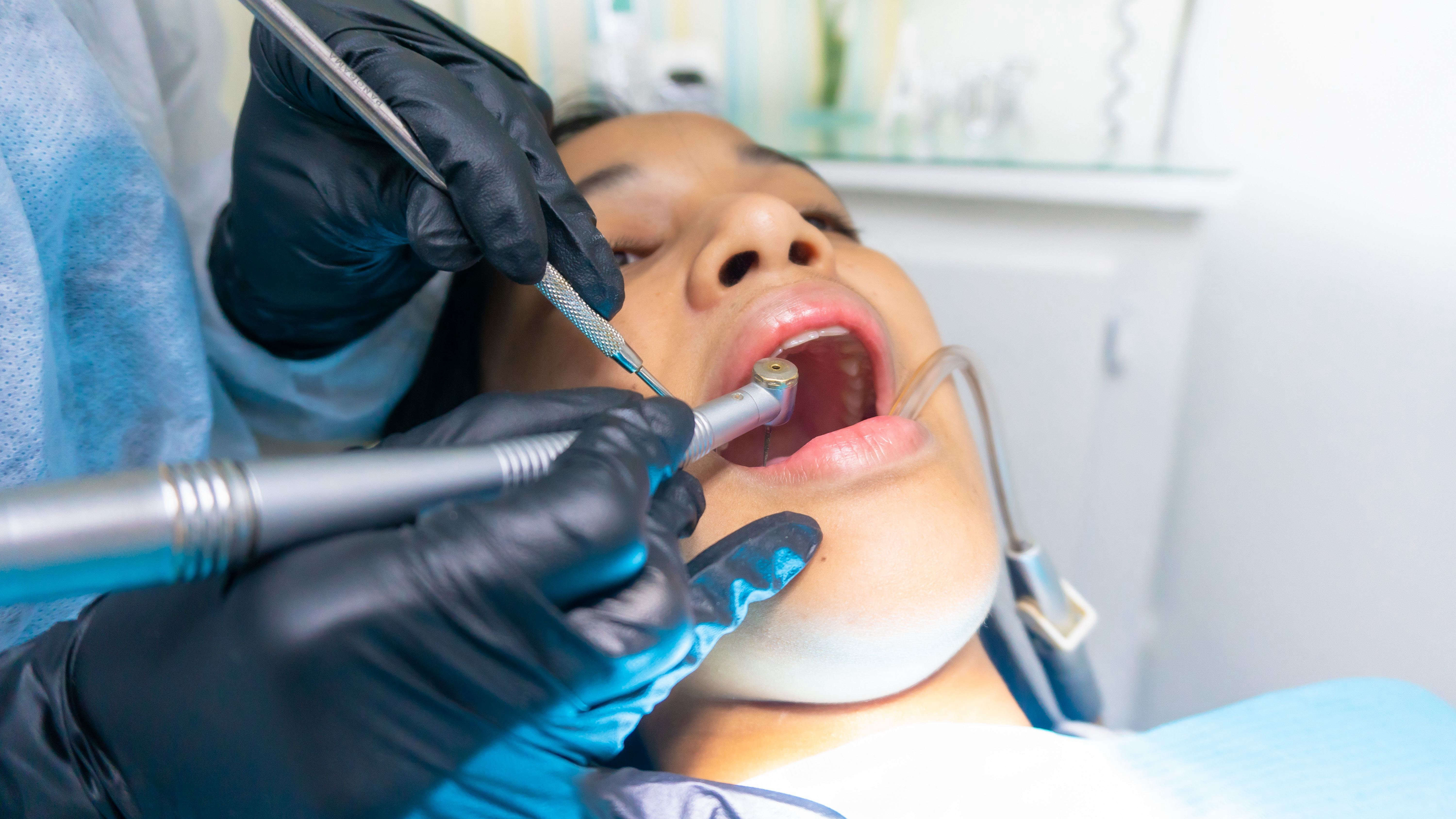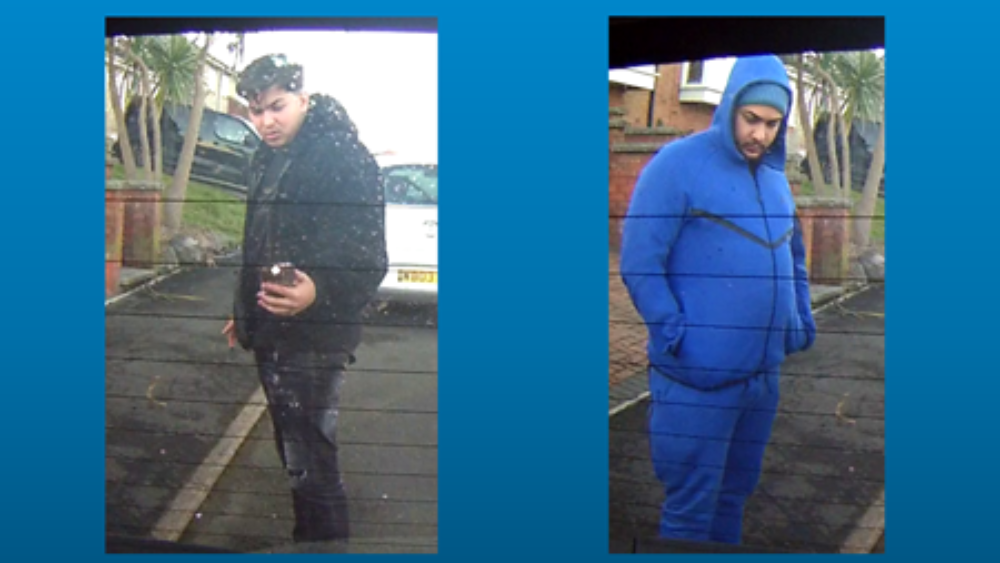
Exeter study finds waves work
Police officers should take to the sea to improve their mental health, according to new research from the University of Exeter Business School.
It's found surfing is good for their wellbeing and mental health.
Around one in five police officers is thought to be living with some form of post-traumatic stress disorder, according to 2018 research by Police Care UK, with over 90 per cent of officers and staff having been exposed to trauma and 65 per cent not feeling this had been well managed.
Surfwell, a health intervention programme spearheaded by Devon and Cornwall police combines surfing with a programme of peer support and group therapy.
Researchers studied a group of 20 police officers (six females and 14 males aged 36 to 59), all of whom had experienced mild to moderate work-related mental health difficulties. The researchers found Surfwell benefitted both the police officers and the service as a whole.
Officers reported immediate benefits including a positive change in mood, a sense of achievement, improved confidence, acceptance of mental health difficulties and renewed motivation. Longer-term benefits included greater resilience to cope with stress, increased hope of coping with difficulties, improved optimism and a stronger belief in their own ability to improve their wellbeing.
The police force in turn found officers who had been on the programme took less sick leave, were more likely to stay in their jobs and developed a more positive view of their profession.
It was that found that being in the sea, the experience of surfing and being among colleagues were all significant factors driving the programme’s success. The ‘blue space’ of the water was found to have therapeutic qualities, with one participant saying “it’s a place you can get away…when you’ve had a real rubbish day at work”.
Around three-quarters of the participants described feeling completely absorbed by the activity of surfing, with the single focus of catching the next wave “pure exhilaration”, according to one participant. Participants also said that being among their fellow police officers during the sessions made them feel more secure and understood, as “they were going through the same thing”.
The surfing facilitators’ background as police officers was also deemed important in the programme’s success, as their support was perceived by the participants as more genuine.
Principal investigator Professor Marwa Tourky, who undertook the research as a senior lecturer in marketing and Professor Will Harvey, associate dean global at the business school said the findings show Surfwell is a successful wellbeing intervention.
“This is a significant finding in a context in which increasing numbers of UK police officers are taking time off with mental health issues,” said Professor Tourky.
“It is also important in a coronavirus context where health and wellbeing challenges are likely to increase in the coming months and years because of latent accumulation of stress.”
Professor Tourky said the study led the researchers to believe that surfing could be used by other emergency services or in challenging workplaces where staff need to maintain good mental health while delivering to the highest standards.
Surfwell was conceived in 2017 by two Devon and Cornwall police sergeants, Sam Davies and James Mallows, after an officer they supervised was left traumatised by an attack.
The research into the programme was funded by the Economic and Social Research Council Impact Acceleration Account (ESRC-IAA) and carried out over a one-year period from 2019-20.
 MP highlights Devon's dentistry 'crisis'
MP highlights Devon's dentistry 'crisis'
 Work on ‘once-in-a-generation’ Newton Abbot project back on track
Work on ‘once-in-a-generation’ Newton Abbot project back on track
 Complaints made after animal activity licence backlog
Complaints made after animal activity licence backlog
 City draw at home
City draw at home
 Cars damaged in bid to buy cheaper
Cars damaged in bid to buy cheaper
 Torbay Council considers 'fire and re-hire' in pensions wrangle
Torbay Council considers 'fire and re-hire' in pensions wrangle
